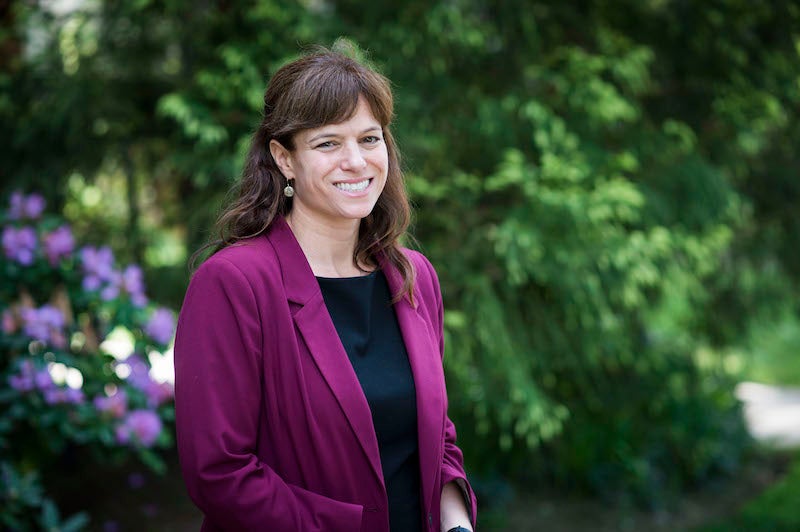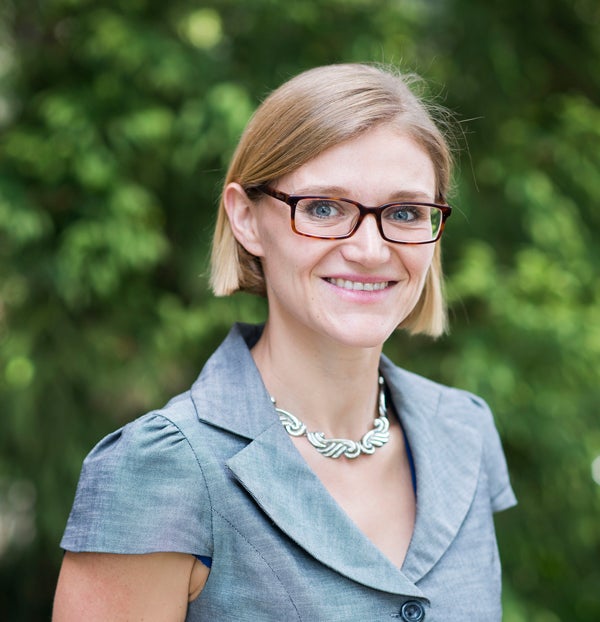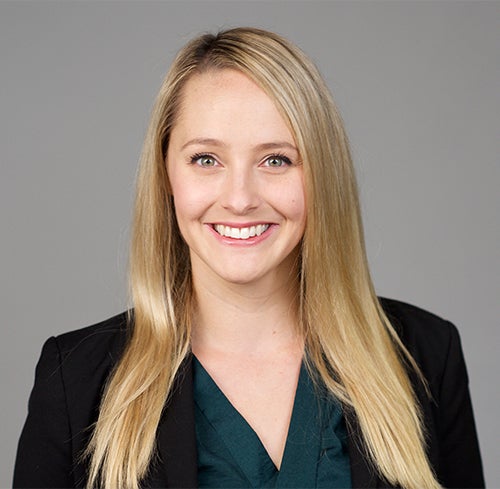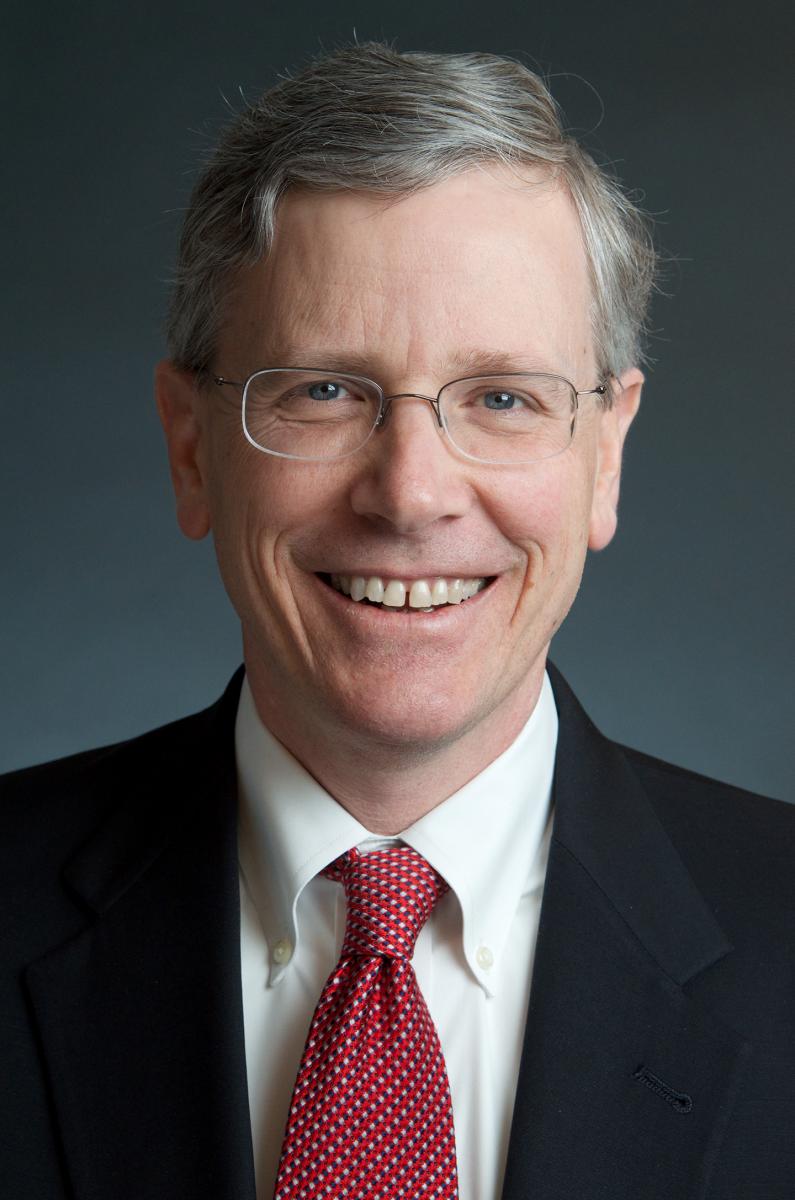Newswise — WASHINGTON (April 12, 2019) — Georgetown University faculty offer expertise for journalists seeking interviews in a variety of subjects related to Ebola. Topics include WHO, Public Health Emergency of International Concern (PHEIC), International Health Regulations, infectious disease control and treatment, vaccine development, clinical trials, and global health security and law.
To schedule an interview with an expert, please contact Karen Teber at [email protected].
Infectious Diseases

Julie Fischer, PhD, is associate research professor with the department of microbiology and a member of the Center for Global Health Science and Security at Georgetown University Medical Center. She focuses on research and tools to strengthen global capacities for public health preparedness and response. She has also worked on issues related to medical emergency preparedness, and the consequences of biological, chemical, and radiological exposures during military service. Fisher is a microbiologist by training and an expert in infectious diseases.

Jesse L. Goodman, MD, MPH, is professor of medicine at Georgetown University Medical Center. A member of the Institute of Medicine, Goodman is trained in infectious diseases and public health. He formerly served as the U.S. Food and Drug Administration Chief Scientist and Deputy Commissioner. He worked extensively on emerging infectious diseases at FDA and with the U.S. Department of Health and Human Services and has served as an advisor to the World Health Organization and others on medical countermeasures and vaccines. Goodman is director of the Center on Medical Product Access, Safety and Stewardship (COMPASS) at Georgetown and a clinician at MedStar Georgetown University Hospital, the Washington D.C. VA Medical Center and Walter Reed National Military Medical Center.
International Health Regulations/Global Health Security

Rebecca Katz, PhD, MPH, is director of the Center for Global Health Science and Security at Georgetown University Medical Center. For more than a decade, Katz has worked to help design systems and implement policies to facilitate a coordinated response to potential microbial outbreaks and pandemics in 22 countries — many low-resourced and developing. She is an expert on the World Health Organization and its International Health Regulations, and can comment on the international response to Ebola.

Claire Standley, PhD, MSc, is an assistant research professor in the Center for Global Health Science and Security. She can address the importance of global frameworks supporting health systems strengthening for public health emergency preparedness and response, and particularly those focused on preventing infectious disease outbreaks. In the context of Ebola, she can speak to her professional experience of supporting public health capacity building during and immediately after the West Africa outbreak (Guinea) and the importance of communication and coordination among multisectoral partners on a national, regional and global level.

Alexandra Phelan, LL.M, LL.B, is a faculty instructor in Georgetown’s Center for Global Health Science and Security and adjunct professor at Georgetown Law.” She works on legal and policy issues related to infectious diseases, with a particular focus on emerging and reemerging infectious disease outbreaks and international law. She has worked as a consultant for the World Health Organization, the World Bank, and Gavi: the vaccine alliance, and has advised on matters including international law and pathogen sharing, human rights law and Zika, intellectual property law, and contract law.

Lawrence O. Gostin, JD, is faculty director of the O’Neill Institute for National and Global Health Law at Georgetown Law. He is professor of medicine at Georgetown University School of Medicine and professor of public health at the Johns Hopkins University. Gostin is a co-director of the World Health Organization Collaborating Center on National and Global Health Law and has served on numerous WHO expert advisory committees related to public health and global health security. Gostin serves on the Independent Panel on the Global Response to Ebola (Harvard University/London School of Hygiene and Tropical Medicine) and served on the National Academy of Medicine’s Commission on a Global Health Risk Framework for the Future.

Oscar A. Cabrera, Abogado (JD equivalent), LLM, is the executive director of the O’Neill Institute for National and Global Health Law and a visiting professor of Law at Georgetown Law. He is a co-director of the World Health Organization Collaborating Center on National and Global Health Law. Cabrera has worked on projects with the World Health Organization, the Centers for Disease Control and Prevention, and the Campaign for Tobacco Free Kids, among other organizations. He has studied and is interested in various health law related fields, such as public health law, sexual and reproductive rights, health and human rights, global tobacco litigation and health systems law and policy. Cabrera can comment in English or Spanish on the actions of the WHO and International Health Regulations related to Ebola.

John T. Monahan is senior advisor for global health to Georgetown University President John J DeGioia; senior fellow, McCourt School of Public Policy; and senior scholar, O’Neill Institute for National and Global Health Law. Monahan served as the special advisor for Global Health Partnerships at the US Department of State (2010-2014) as well as counselor to the secretary and director of global health affairs at the U.S. Department of Health and Human Services (2009-2010). While at HHS, Monahan served as the U.S. Government’s primary contact with the leadership of the World Health Organization during the 2009 H1N1 pandemic and helped coordinate the U.S.-led diplomatic strategy to secure commitments from developed countries for donating influenza vaccines to low-income countries. Monahan can discuss the obligation of WHO and member states to support and respond to disease outbreaks.
